Menu
Hot-Topics
February 19, 2026 | SCOTUS Reaffirms Fourth Amendment Standard for Police Responding to Household Emergencies
Month: August 2015

City of Los Angeles v. Patel: Court Mandates Pre-Clearance Review
On June 22, 2015, the U.S. Supreme Court struck down a City of Los Angeles ordinance that required hotel operators to allow law enforcement to inspect guest registries without obtaining a warrant. The 5-4 majority in City of Los Angeles v. Patel, 57...
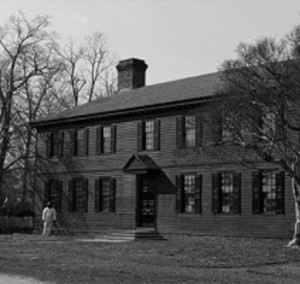
Dartmouth College v. Woodward: The Contracts Clause
In Dartmouth College v. Woodward, 17 U.S. 518 (1819), the U.S. Supreme Court held that the U.S. Constitution’s Contracts Clause prohibited state legislatures from interfering with individual property rights. Accordingly, the Court invalidated a ...

Martin v. Hunter’s Lessee: The Supreme Court’s Authority Over State Courts
In Martin v. Hunter’s Lessee, 14 U.S. 304 (1816), the U.S. Supreme Court first asserted its authority to overrule a state court decision regarding an issue of federal law. The Court’s landmark decision was rooted in the Court’s appellate jur...
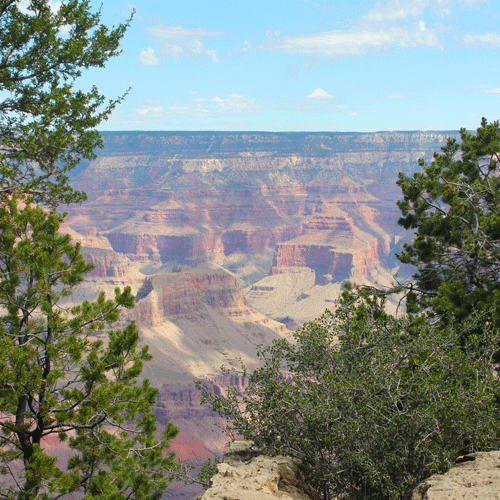
Municipal Sign Ordinance Violates the First Amendment in Reed v. Town of Gilbert
On June 18, 2015, the U.S. Supreme Court held that an Arizona town’s sign ordinance violates the First Amendment. The Court’s unanimous decision in Reed v. Town of Gilbert established that regulations that are facially content-based must be subje...

New York v. Connecticut: Court’s First Exercise of Original Jurisdiction
In New York v. Connecticut, 4 U.S. 1 (1799), the U.S. Supreme Court first exercised its original jurisdiction to decide a legal dispute between two states. The dispute involved a strip of land over which the states of New York and Connecticut both c...

Calder v. Bull: The Ex Post Facto Clause
In Calder v. Bull, 3 U.S. 386 (1798), the U.S. Supreme Court first interpreted the ex post facto clause of the United States Constitution. The justices held that the clause only applies to certain criminal acts. The Facts of Calder v. Bull Calder ...
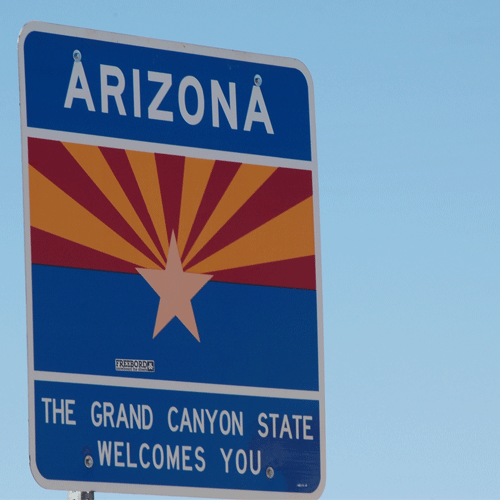
Arizona Redistricting Again
On June 29, 2015, the U.S. Supreme Court upheld Arizona’s use of an independent commission to adopt congressional districts. In her majority opinion in Arizona State Legislature v. Arizona Independent Redistricting Commission, 576 U. S. ____ (2015)...
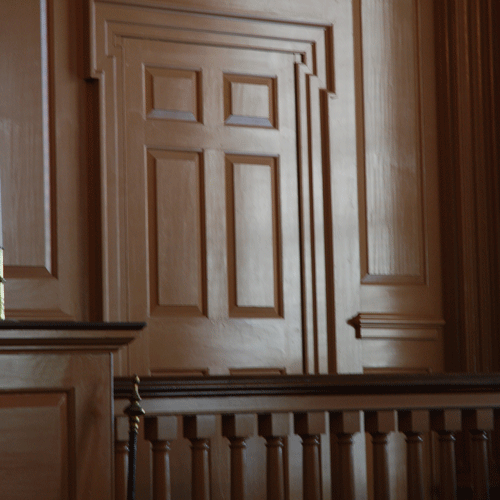
Hollingsworth v. Virginia: The President’s Role in Constitutional Amendments
In Hollingsworth v. Virginia, 3 U.S. 378 (1798), the U.S. Supreme Court held that the Eleventh Amendment was valid, even though the President of the United States had not formally sanctioned it. While the rationale of the Court has been debated, ...
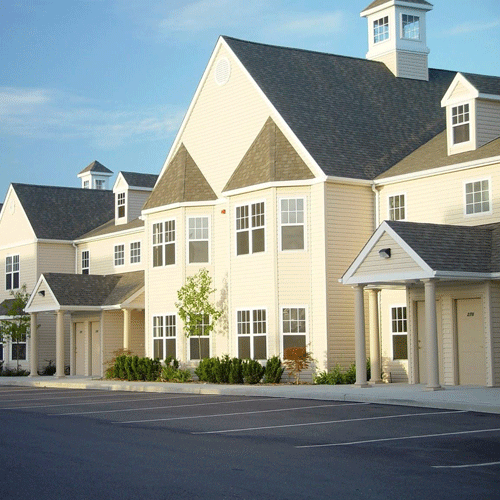
Court Confirms Disparate Impact Claims Allowed Under Fair Housing Act
In Texas Department of Housing and Community Affairs v. The Inclusive Communities Project, 576 U. S. ____ (2015), the U.S. Supreme Court recently ruled that disparate-impact claims are cognizable under the Fair Housing Act (FHA). The 5-4 decision end...

Talbot v. Janson: Supreme Court Recognizes Dual Citizenship in 1795
In Talbot v. Janson, 3 U.S. 133 (1795), the U.S. Supreme Court ruled that the jurisdiction of the court extended to the seas. The Court also held that Americans who gain citizenship of another country do not waive their U.S. citizenship status. ...
Previous Articles
SCOTUS Decision in Bowe v. United States Is First of the 2026 Term
by DONALD SCARINCI on February 5, 2026
In Bowe v. United States, 607 U.S. ___ (2026), the U.S. Supreme Court held that Title 28 U.S.C. § ...
SCOTUS Rules State Can’t Immunize Parties from Federal Civil Liability
by DONALD SCARINCI on January 29, 2026
In John Doe v. Dynamic Physical Therapy, LLC, 607 U.S. ____ (2025) the U.S. Supreme Court held that...
Supreme Court to Address Racial Discrimination in Jury Selection
by DONALD SCARINCI onWhile the U.S. Supreme Court has concluded oral arguments for the year, it continues to add cases t...
The Amendments
-
Amendment1
- Establishment ClauseFree Exercise Clause
- Freedom of Speech
- Freedoms of Press
- Freedom of Assembly, and Petitition
-
Amendment2
- The Right to Bear Arms
-
Amendment4
- Unreasonable Searches and Seizures
-
Amendment5
- Due Process
- Eminent Domain
- Rights of Criminal Defendants
Preamble to the Bill of Rights
Congress of the United States begun and held at the City of New-York, on Wednesday the fourth of March, one thousand seven hundred and eighty nine.
THE Conventions of a number of the States, having at the time of their adopting the Constitution, expressed a desire, in order to prevent misconstruction or abuse of its powers, that further declaratory and restrictive clauses should be added: And as extending the ground of public confidence in the Government, will best ensure the beneficent ends of its institution.
Awards





